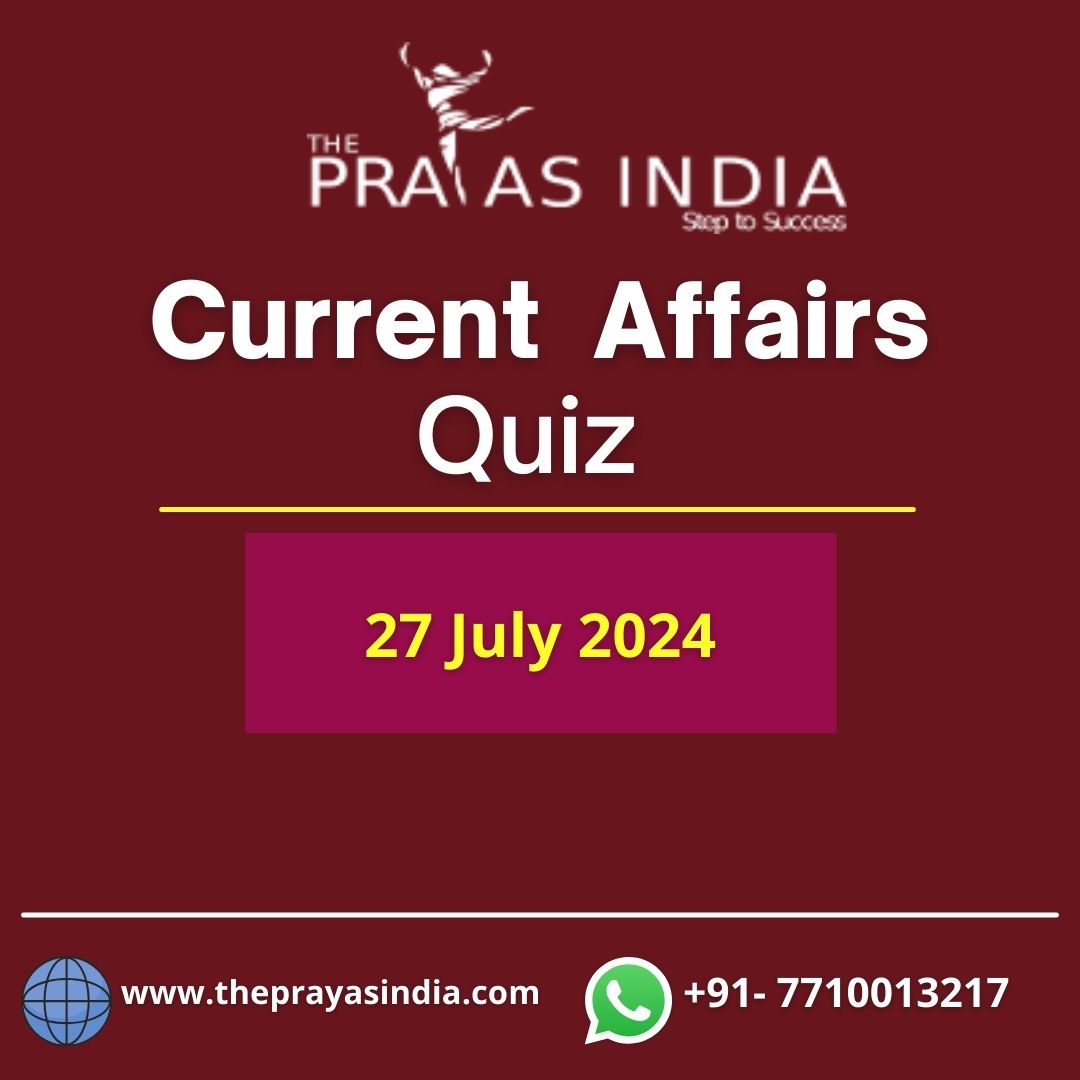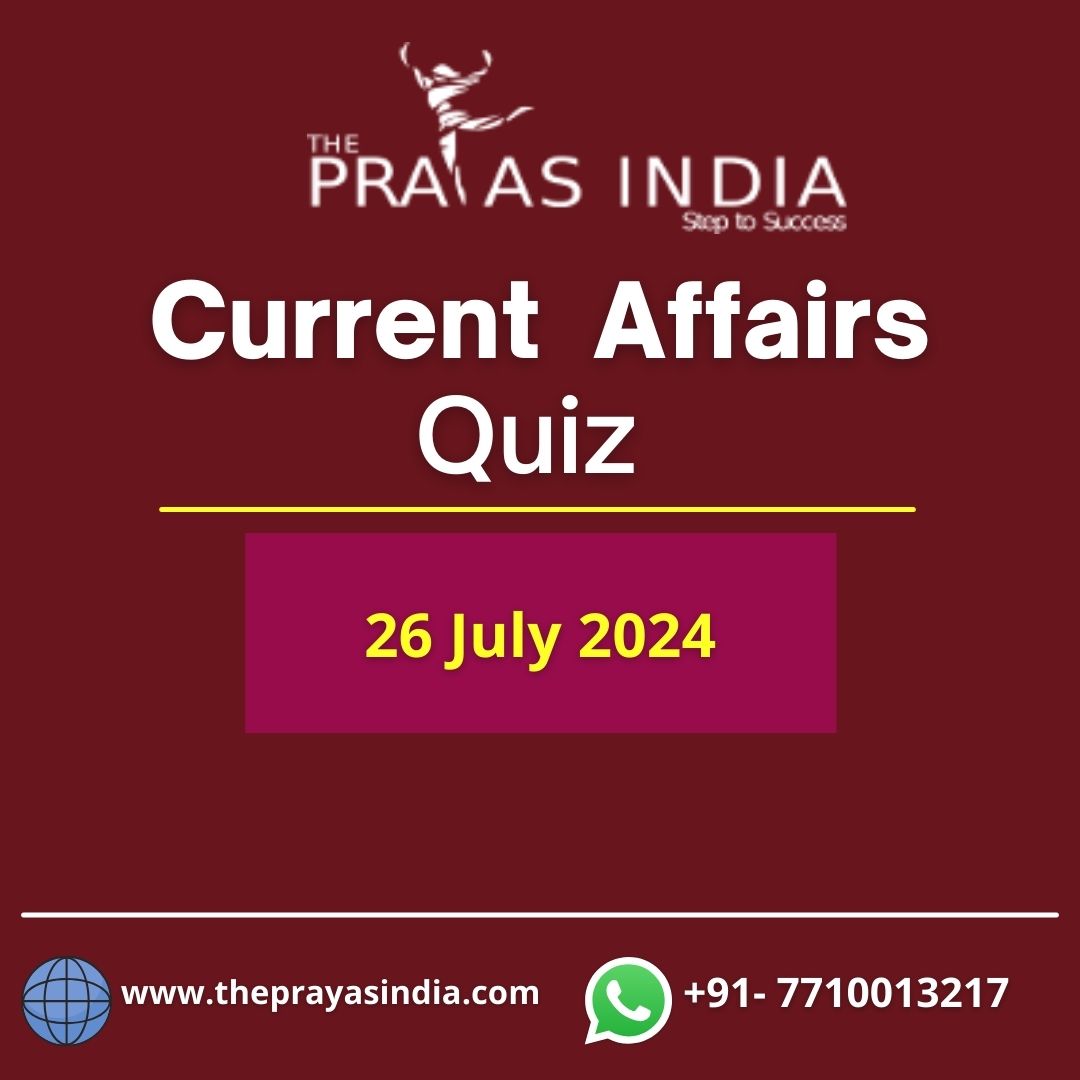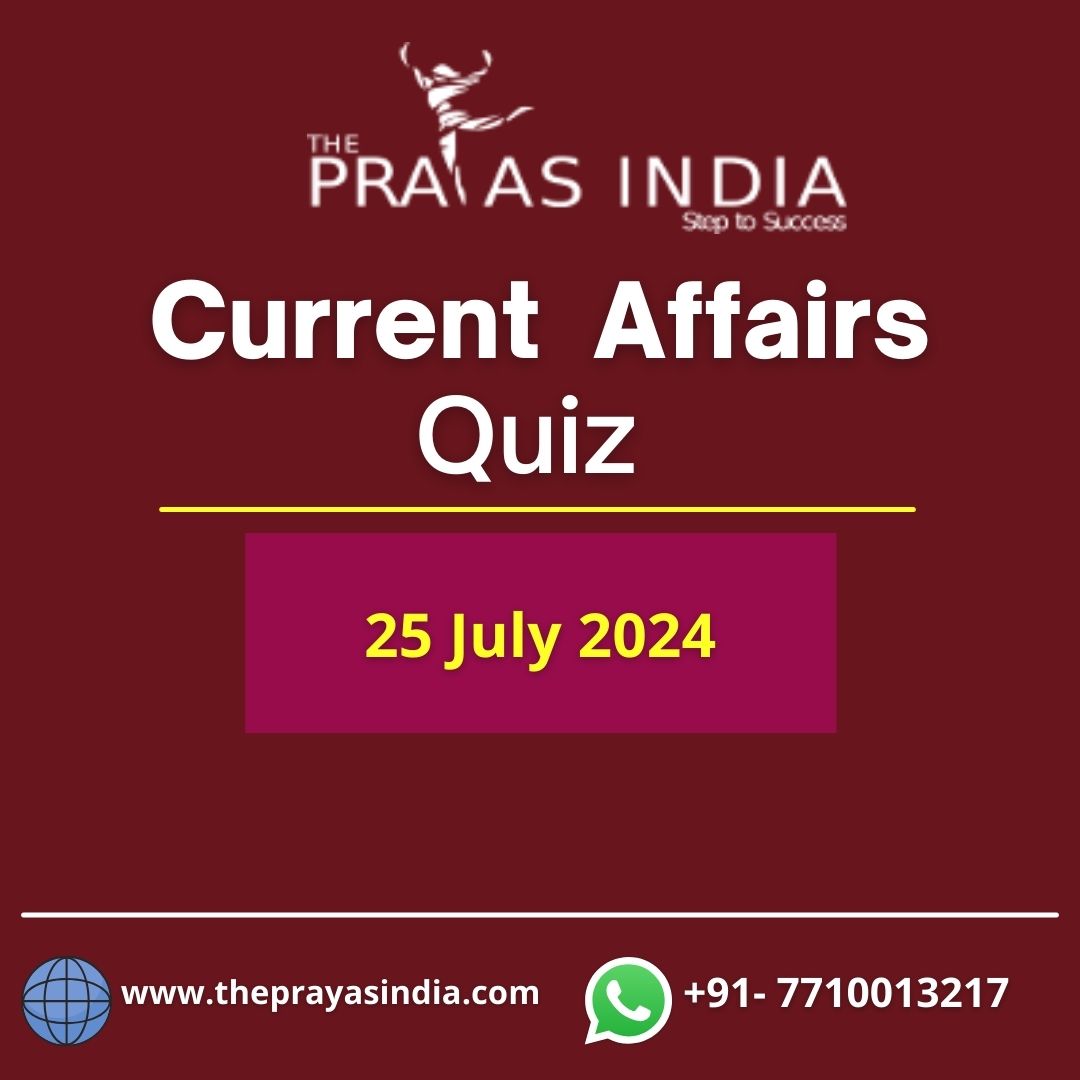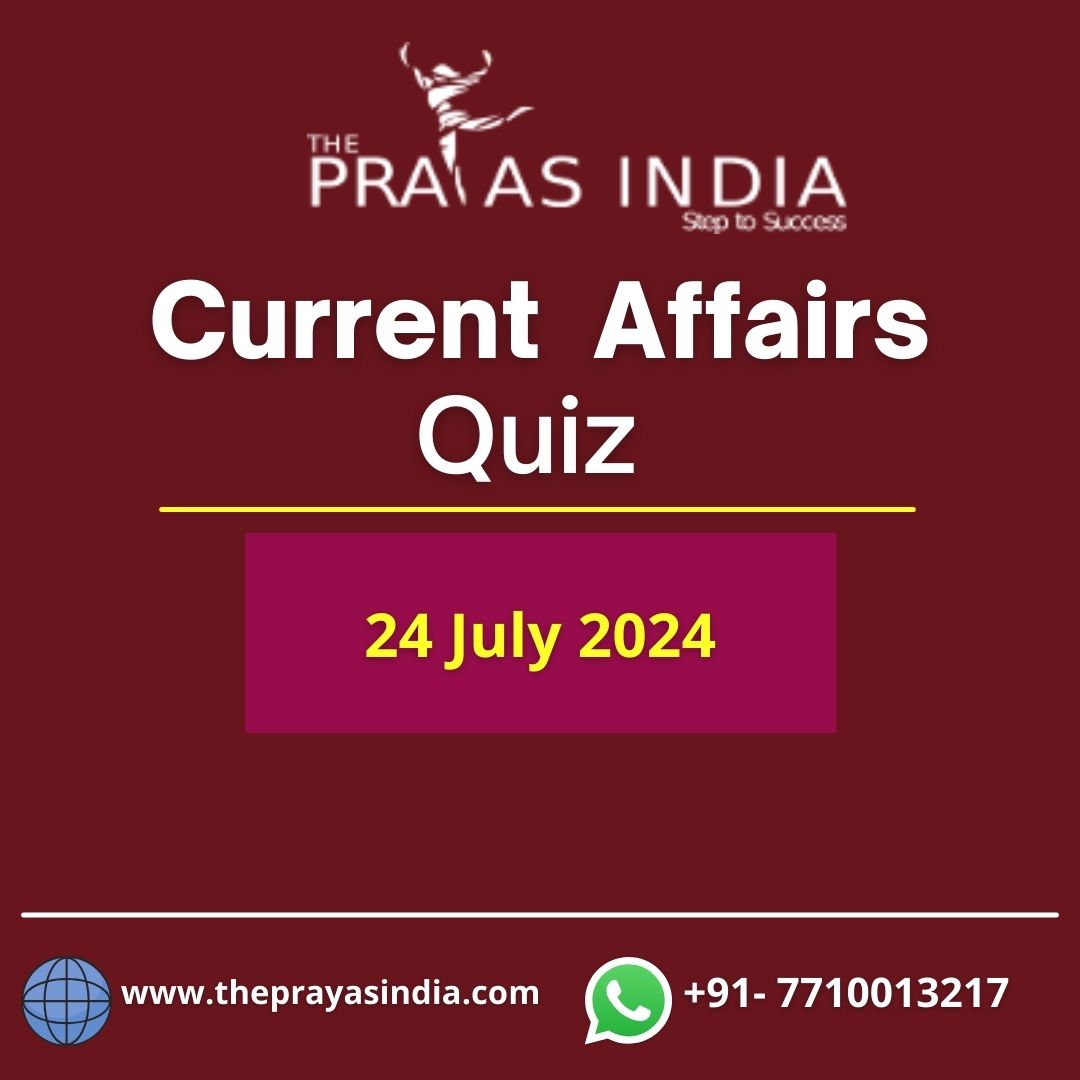Q1. What is biohacking?
(a) Biohacking is a form of computer hacking used to infiltrate biological systems.
(b) Biohacking refers to using genetic engineering to create new species of organisms.
(c) Biohacking involves making changes to one’s own body or lifestyle to enhance physical or cognitive abilities.
(d) Biohacking is a type of agricultural practice focused on sustainable farming techniques.
Ans: (c)
Explanation:
- Context: Biohacking: Elon Musk’s brain-chip startup, Neuralink, has received approval to begin the first human trial of its brain implant designed for paralysis patients.
- Biohacking is a broad term that encompasses a variety of practices, but it is generally defined as the use of technology and other methods to improve human performance and well-being. This includes things like using wearable devices to track fitness data, using nootropics to boost cognitive function, and even experimenting with gene editing.
- Biohacking can be a controversial topic, but it is also a rapidly growing field. As more and more people become interested in taking control of their own health and well-being, biohacking is likely to become even more mainstream in the years to come.
Q2. Consider the following statements about Sangeet Natak Akademi:
- It is India’s national academy for music, dance, and drama.
- It functions as an autonomous body under the Ministry of Culture.
Which of the statements given above is/are correct?
(a) 1 only
(b) 2 only
(c) Both 1 and 2
(d) Neither 1 nor 2
Ans: (c)
Explanation:
- The Sangeet Natak Akademi, also known as the National Academy of Music, Dance, and Drama, is an autonomous organization under the Ministry of Culture, Government of India. It was established in 1953 with the aim of promoting and preserving India’s traditional performing arts, including music, dance, and theatre.
Q3. “SHREYAS” scheme was launched by the:
(a) Ministry of Education
(b) Ministry of Science and Technology
(c) Ministry of Rural Development
(d) Ministry of Finance
Ans: (a)
Explanation:
- Context: The “SHREYAS” scheme, consisting of four central sector sub-schemes, has played a significant role in empowering students from Scheduled Castes (SC) and Other Backward Classes (OBC) in India since 2014-15.
- The sub-schemes are as follows:
- Free Coaching Scheme for SCs and OBCs
- Top Class Education for SCs
- National Overseas Scheme for SCs
- National Fellowship for SC Students
- These sub-schemes under the SHREYAS umbrella have significantly contributed to the education and empowerment of SC and OBC students, enabling them to pursue higher education and excel in their chosen fields.
Q4. Consider the following statements about the Kisan Credit Card (KCC) scheme.
- It has been extended to fisheries and animal husbandry farmers to help them meet their working capital needs.
- For the farmers, the loans taken under the Kisan Credit Card (KCC) scheme can be repaid after harvest.
- Interest subvention is available for farmers only in case of prompt repayment.
How many of the statements given above is/are correct?
(a) Only one
(b) Only two
(c) All three
(d) None
Ans: (b)
Explanation:
- The Government of India has extended the facility of Kisan Credit Card (KCC) to fisheries and animal husbandry farmers to help them meet their working capital needs. The KCC facility will help fisheries and animal husbandry farmers to meet their short-term credit requirements of rearing of animals, poultry birds, fish, shrimp, other aquatic organisms and capture of fish.
- Under KCC facility, Interest subvention is available for farmers @ 2% per annum at the time of disbursal of loan and additional interest subvention @ 3 % per annum in case of prompt repayment as Prompt Repayment Incentive. One of the advantages of the KCC Scheme to the farmers is the Repayment only after harvest.
Q5. Consider the following statements about United Nations Commission on International Trade Law:
- It is a subsidiary body of the General Assembly of the United Nations.
- It is responsible for helping to facilitate international trade and investment.
Which of the statements given above is/are correct?
(a) 1 only
(b) 2 only
(c) Both 1 and 2
(d) Neither 1 nor 2
Ans: (c)
Explanation:
- The United Nations Commission on International Trade Law (UNCITRAL) (established in 1966) is a subsidiary body of the General Assembly of the United Nations with the general mandate to further the progressive harmonization and unification of the law of international trade.
- UNCITRAL is a legal body with universal membership that specializes in commercial law reform worldwide. It has been working for over 50 years to modernize and harmonize rules on international business. UNCITRAL’s primary goal is to facilitate international trade by creating legal frameworks and instruments that promote fairness, transparency, and efficiency in cross-border commercial transactions.




